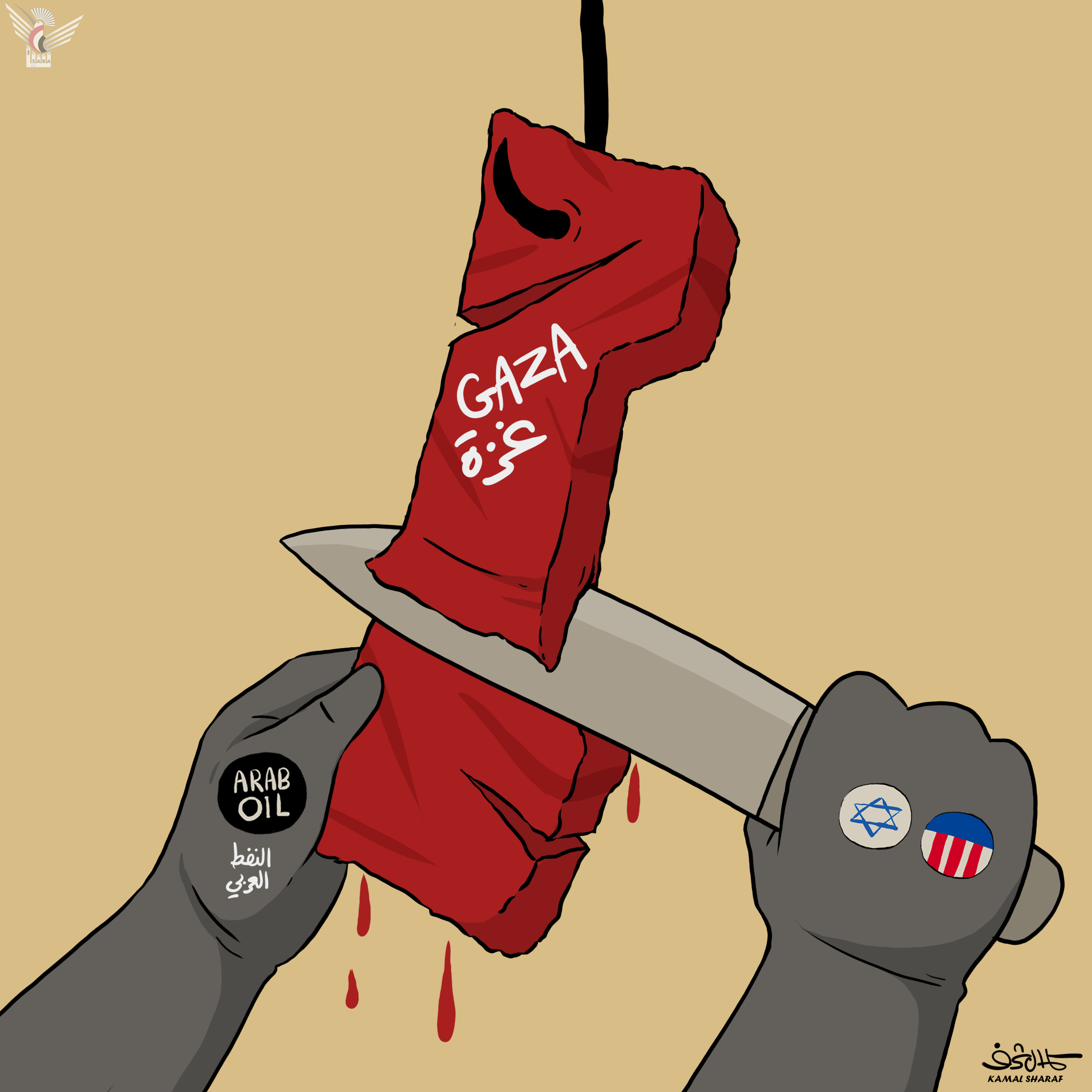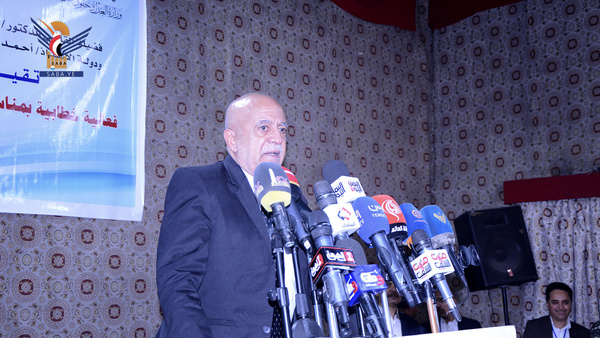Sana’a - Saba:
The Republic of Yemen commemorated the World Day Against Trafficking in Persons, which falls on July 30, with a formal event organized by the Ministry of Justice and Human Rights.
During the event, Prime Minister Ahmed Ghaleb Al-Rahwi stressed that human trafficking is a grave crime that has worsened due to the current situation the country is facing from aggression, siege, and occupation of parts of its territory, enabling the spread of trafficking networks linked to similar groups abroad.
He emphasized the importance of enforcing the law and taking strict action against criminal trafficking networks exploiting the community’s hardships, particularly in the occupied governorates. He added that anyone involved in such crimes in any way must be held accountable.
Al-Rahwi instructed the Ministry of Information, in coordination with relevant authorities, to raise awareness of this phenomenon from all angles. He also called on the International Organization for Migration (IOM) to enhance coordination and partnership with the government, represented by the Ministry of Justice and Human Rights, to strengthen joint efforts in combating human trafficking and protecting society.
He highlighted the essential role of families, especially parents, in protecting society, explaining that human trafficking primarily targets and destroys families and, by extension, the community as a whole.
The Prime Minister also noted that Yemen must direct its energy and resources toward development and continue supporting the oppressed people of Gaza, adding that the fourth phase of escalation sends a clear message that any ships linked to the Zionist enemy will be targeted by the armed forces.
Al-Rahwi praised the steadfast national stance toward Gaza and called for similar achievements in combating human trafficking domestically. He urged the Ministry of Justice and Human Rights, related entities, and international organizations to work tirelessly to curb this crime.
President of the Supreme Judicial Council, Judge Dr. Abdulmu’min Shujaa Al-Din, stated that the judiciary deals firmly with trafficking cases. He explained that Yemeni law requires such cases to be tried in consecutive sessions due to their severe social impact.
He pointed out that Yemen’s leadership has exerted great efforts to fight human trafficking despite the country’s dire circumstances caused by the aggression, siege, illegal migration, and child labor issues. He confirmed that the judiciary will continue to handle these cases with firmness as they violate religious and cultural values.
Judge Shujaa Al-Din revealed that the Supreme Judicial Council has introduced a course on combating human trafficking at the Higher Judicial Institute to ensure that judges are well-prepared to handle such cases.
During the event, which was attended by senior officials including the First Deputy Prime Minister, Al-Allamah Mohammed Moftah, and several ministers and dignitaries, Deputy Minister of Justice and Human Rights, Judge Ibrahim Al-Shami, stated that the danger of human trafficking lies in its expansion as a transnational organized crime that affects all societies.
He noted that traffickers use advanced technology, requiring coordinated efforts among government agencies, the judiciary, security forces, and international organizations to achieve justice and protect victims.
Al-Shami confirmed that many trafficking and migrant smuggling cases in Yemen occur with the complicity of the aggressor forces, which sometimes use these crimes as a weapon of war against the Yemeni people. He emphasized that the revolutionary and political leadership has prioritized protecting human dignity, with Sayyed Abdulmalik Badr Al-Din Al-Houthi repeatedly warning about the seriousness of trafficking in his lectures.
He reviewed the ministry’s efforts in cooperation with government entities to establish strong legislation, noting that the 2018 anti-trafficking law marked a key step in strengthening Yemen’s legal framework to combat the crime.
Head of the National Human Rights Authority, Ali Taysir, called for intensified efforts to eradicate this cross-border crime, citing its devastating effects on social stability and development.
Meanwhile, IOM representative Abdul Sattar Isouef called for the creation of a national coalition to combat human trafficking, especially since many African migrants entering Yemen illegally face serious risks. He urged all partners to work together to assist migrants wishing to return to their home countries.
He commended the Ministry of Justice and Human Rights for its work against human trafficking, adding that the recommendations from the recent workshop provide a clear roadmap for future collaboration.

| more of (Local) |




